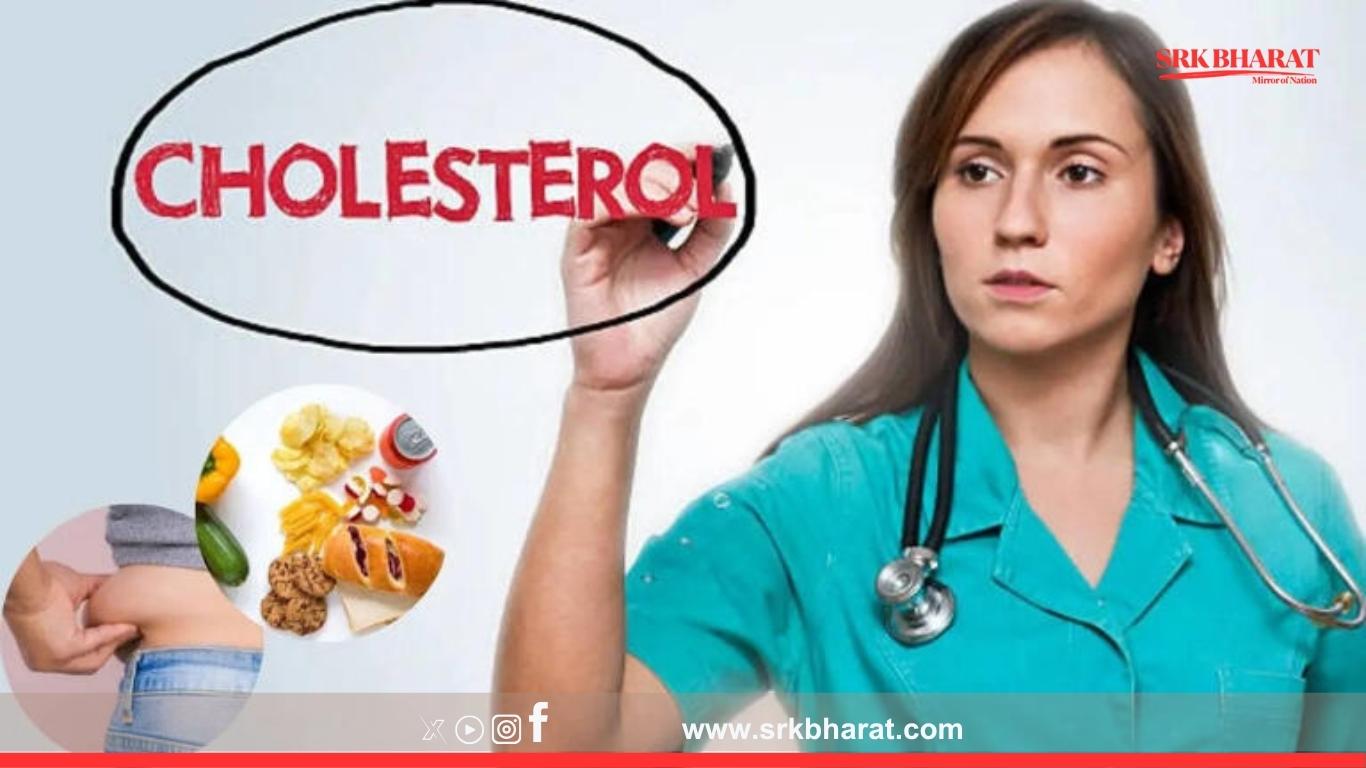High cholesterol—often dubbed the “silent threat”—is increasingly affecting women across age groups, raising the risk of heart disease, stroke, and other chronic conditions. While cholesterol is essential for building healthy cells, excess levels can lead to dangerous plaque buildup in arteries, especially among women navigating hormonal shifts, lifestyle stressors, and genetic predispositions.
🧬 Top Causes of High Cholesterol in Women
- Hormonal Changes: Estrogen plays a protective role in regulating cholesterol. During perimenopause and menopause, estrogen levels drop, leading to higher LDL (bad cholesterol) and triglycerides, while reducing HDL (good cholesterol).
- Age and Genetics: Cholesterol levels naturally rise with age. Women with a family history of hypercholesterolemia are at greater risk, especially if undiagnosed.
- Lifestyle Factors:
- Diets high in saturated and trans fats
- Physical inactivity and sedentary routines
- Smoking and alcohol consumption
- Obesity or being overweight
- Poor sleep quality and chronic stress
- Medical Conditions and Medications: Conditions like diabetes, PCOS, hypothyroidism, and certain medications (e.g., steroids, beta-blockers, antipsychotics) can elevate cholesterol levels.
💡 Easy and Effective Ways to Reduce High Cholesterol
- Adopt a Heart-Healthy Diet: Focus on soluble fiber, omega-3 fatty acids, whole grains, fruits, and lean proteins. Avoid processed foods and limit red meat.
- Exercise Regularly: Aim for at least 150 minutes of moderate activity per week—brisk walking, swimming, or cycling can make a big difference.
- Maintain a Healthy Weight: Losing even 5–10% of body weight can significantly improve cholesterol levels.
- Sleep and Stress Management: Get 7–9 hours of quality sleep and practice yoga, meditation, or journaling to reduce cortisol levels.
- Quit Smoking and Limit Alcohol: These habits not only raise cholesterol but also damage blood vessels.
🩺 When to Get Tested
Doctors recommend women begin cholesterol screening by age 20, especially if there’s a family history. Post-menopausal women should monitor levels more frequently due to hormonal changes.











